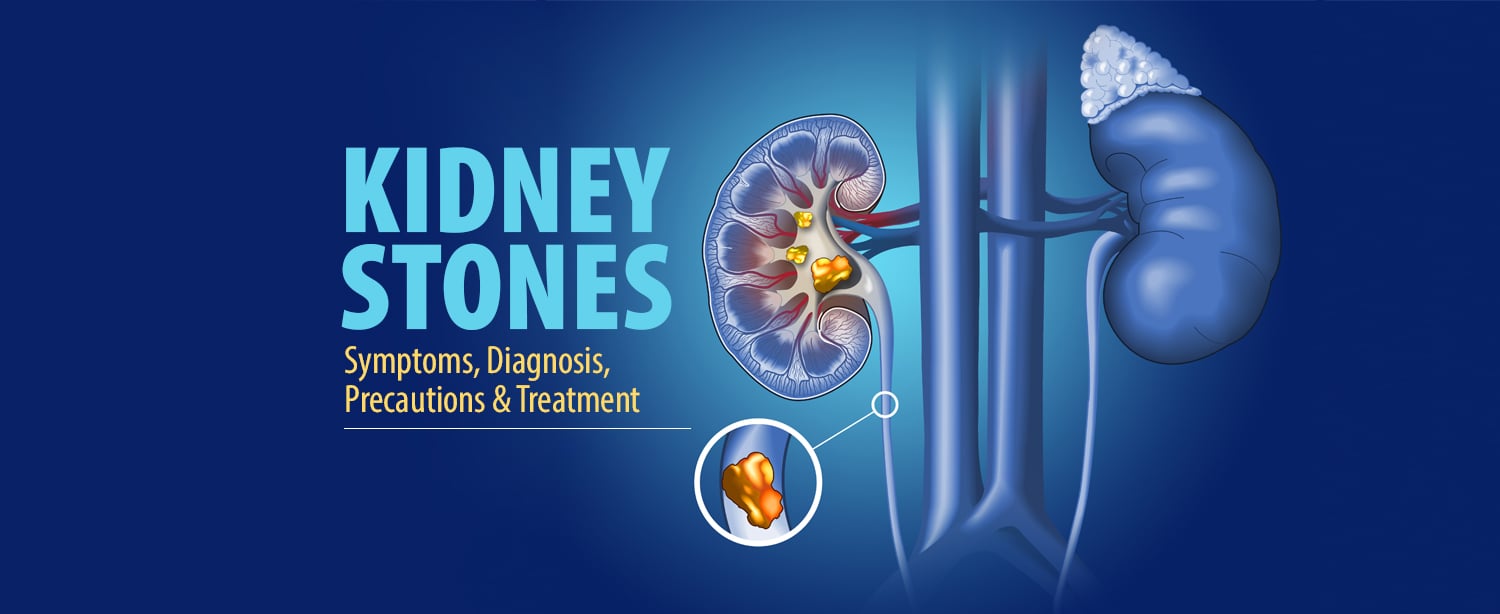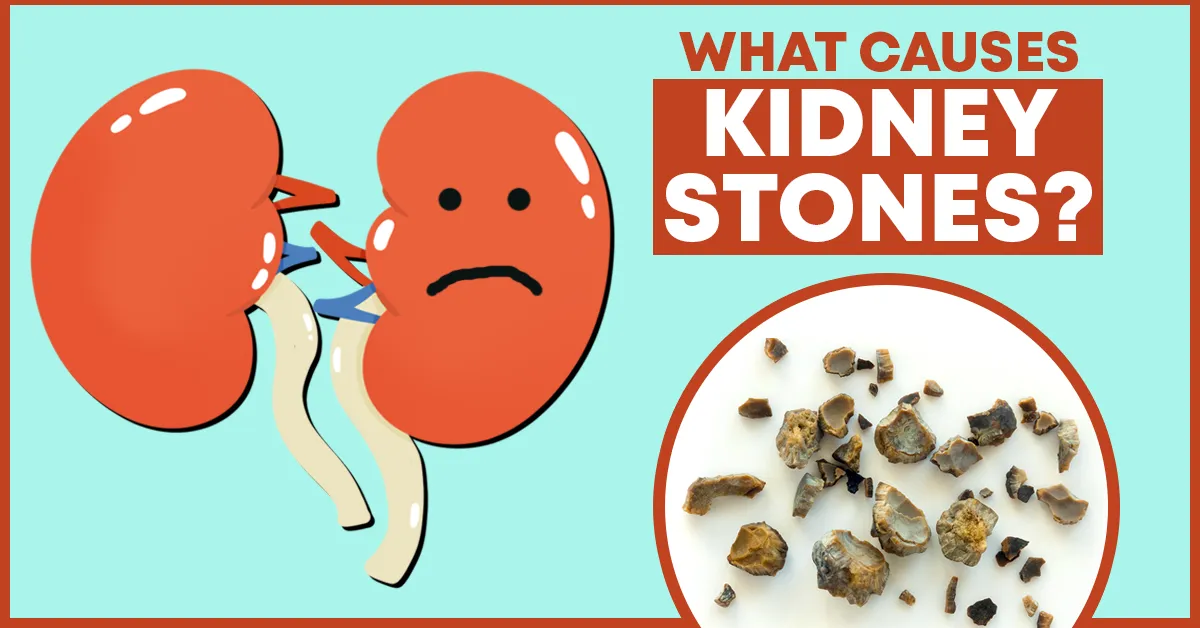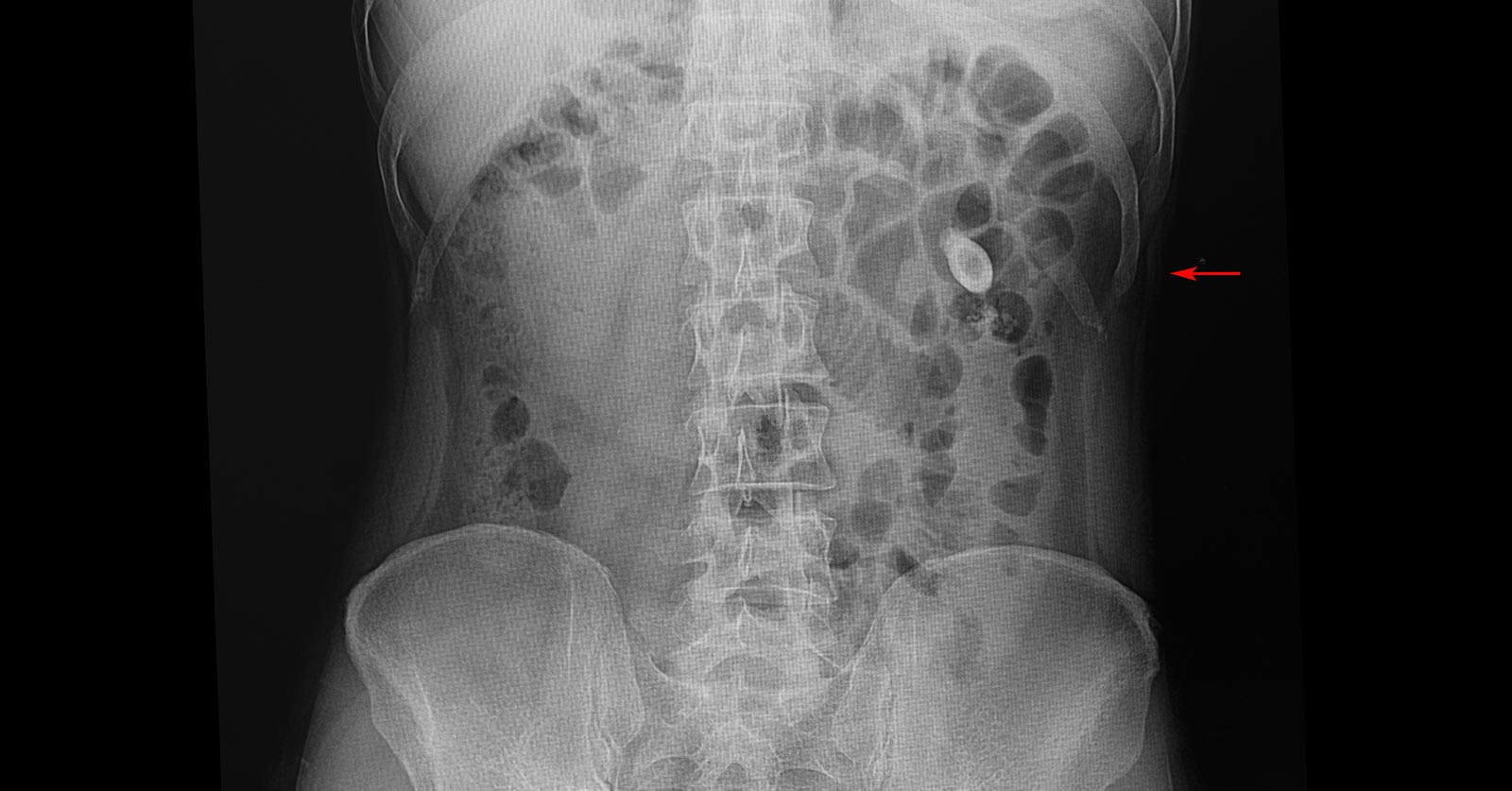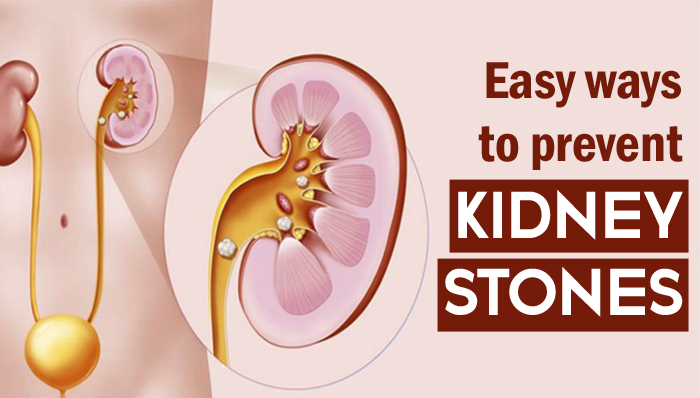
Kidney Stone Symptoms 2024, Kidney stones, or renal calculi, are solid masses formed from crystals that develop in the kidneys. They can be as small as a grain of sand or as large as a golf ball, causing a range of symptoms that can significantly impact an individual’s daily life. Identifying the symptoms early is crucial for effective management and treatment, as it can prevent complications and reduce discomfort. In this comprehensive guide, we explore the common and less obvious symptoms of kidney stones, discuss their causes, and provide guidance on when to seek medical attention.
Read More: Removing Kidney Stones with Laser Technology A Comprehensive Guide for 2024
What Are Kidney Stones?

Kidney stones are hard deposits of minerals and salts that form inside your kidneys. They develop when urine becomes concentrated, allowing minerals to crystallize and stick together. There are several types of kidney stones, including calcium oxalate, uric acid, struvite, and cystine stones. Each type has a different cause and may require specific treatments.
Common Symptoms of Kidney Stones

1. Intense Pain (Renal Colic)
The most prominent symptom of kidney stones is severe, sharp pain, often referred to as renal colic. This pain typically begins suddenly and intensifies over time. It is usually felt in the back or side, just below the ribs, but it can radiate to the lower abdomen and groin as the stone moves through the urinary tract. The pain may come in waves, fluctuating in intensity as the stone moves or shifts position.
2. Painful Urination
As the kidney stone travels down the ureter towards the bladder, it can cause significant discomfort during urination. This pain is often described as sharp or burning and can be mistaken for a urinary tract infection (UTI). The act of passing urine may also be accompanied by an urgent need to urinate, even if the bladder is not full.
3. Blood in the Urine (Hematuria)
Blood in the urine, known as hematuria, is a common symptom of kidney stones. It occurs when the stone irritates or damages the lining of the urinary tract. The urine may appear pink, red, or brown, depending on the amount of blood present. In some cases, blood may not be visible to the naked eye but can be detected through a urinalysis.
4. Cloudy or Foul-Smelling Urine
Kidney stones can also cause changes in the appearance and smell of urine. If a stone causes an infection or inflammation, the urine may become cloudy or have a strong, unpleasant odor. This change is due to the presence of white blood cells, bacteria, or crystals in the urine.
5. Frequent Urination and Urgency
The presence of a kidney stone in the urinary tract can irritate the lining of the bladder, leading to a frequent need to urinate. This urgency may occur even when there is little urine in the bladder. In some cases, individuals may feel the need to urinate multiple times within an hour, which can disrupt sleep and daily activities.
6. Nausea and Vomiting
The intense pain associated with kidney stones can trigger a response from the body’s autonomic nervous system, leading to nausea and vomiting. This symptom is often a direct result of severe pain but can also be caused by the body’s attempt to expel the stone.
7. Fever and Chills
Fever and chills can be a sign of an infection, which can occur if a kidney stone blocks the flow of urine, creating a breeding ground for bacteria. This situation is considered a medical emergency, as a urinary tract infection (UTI) or kidney infection (pyelonephritis) can quickly become life-threatening if not treated promptly.
8. Difficulty Passing Urine
In some cases, a kidney stone may block part of the urinary tract, making it difficult for urine to pass. This blockage can lead to a feeling of needing to urinate but being unable to do so, causing discomfort and anxiety. A complete blockage requires immediate medical attention to prevent kidney damage.
Less Common Symptoms of Kidney Stones

1. Persistent Need to Urinate
A lesser-known symptom is a persistent urge to urinate, even after recently emptying the bladder. This is due to irritation caused by the stone in the lower urinary tract.
2. Pain that Comes and Goes
Unlike the constant pain of other conditions, kidney stone pain often comes and goes as the stone moves within the urinary tract. The pain can vary in intensity, ranging from a mild ache to a sharp, stabbing sensation.
3. Abdominal Swelling
In rare cases, kidney stones can cause swelling in the abdomen. This occurs when a stone obstructs urine flow, causing the kidney to swell. This can lead to abdominal bloating and discomfort.
When to Seek Medical Help
It is essential to seek medical attention if you experience any of the following symptoms:
- Severe, unrelenting pain: Pain that is too intense to manage at home or that does not improve with over-the-counter pain relief should prompt immediate medical evaluation.
- Blood in the urine: If you notice visible blood in your urine, it is crucial to consult a healthcare provider.
- Signs of infection: Fever, chills, or difficulty passing urine are signs of a possible infection, which can be dangerous if left untreated.
- Persistent symptoms: Ongoing discomfort or urinary symptoms warrant a medical assessment to determine the cause and appropriate treatment.
What Causes Kidney Stones?

Understanding the causes of kidney stones can help with prevention and management. Several factors can increase the risk of developing kidney stones, including:
- Dehydration: Not drinking enough water can lead to concentrated urine, which can facilitate stone formation.
- Diet: High intake of salt, sugar, or protein can increase the risk of certain types of stones.
- Medical conditions: Certain conditions like hyperparathyroidism, gout, and urinary tract infections can contribute to the formation of kidney stones.
- Genetic predisposition: A family history of kidney stones can increase the likelihood of developing them.
- Medications and supplements: Some medications and dietary supplements can promote stone formation, including calcium-based antacids and certain diuretics.
Diagnosis and Treatment of Kidney Stones

When symptoms suggest the presence of kidney stones, healthcare providers typically use imaging tests, such as CT scans, X-rays, or ultrasounds, to confirm the diagnosis. Blood and urine tests may also be conducted to identify the stone type and any underlying conditions contributing to stone formation.
Treatment Options
The treatment for kidney stones depends on the size, type, and location of the stone, as well as the severity of symptoms. Common treatments include:
- Pain management: Over-the-counter pain relievers like ibuprofen or prescription medications may be recommended to manage pain.
- Hydration: Drinking plenty of fluids helps flush out small stones and prevent new stones from forming.
- Medical therapy: Medications such as alpha-blockers can relax the muscles in the ureter, making it easier for stones to pass.
- Surgical procedures: For larger stones or those that cause persistent symptoms, procedures such as shock wave lithotripsy, ureteroscopy, or percutaneous nephrolithotomy may be necessary.
Preventing Kidney Stones

Preventing kidney stones involves making lifestyle and dietary changes to reduce the risk of stone formation. These changes may include:
- Staying hydrated: Drinking at least 8-10 glasses of water per day helps dilute urine and prevent stone formation.
- Modifying your diet: Reducing salt, sugar, and protein intake can lower the risk of certain types of stones.
- Avoiding excessive calcium supplements: Consult with a healthcare provider about the appropriate amount of calcium in your diet.
- Regular medical check-ups: Regular check-ups and urine tests can help monitor your kidney health and prevent complications.
Conclusion
Kidney stones can cause a range of symptoms, from mild discomfort to severe pain and complications. Recognizing these symptoms early and seeking appropriate medical care can help manage the condition effectively and prevent further health issues. If you experience symptoms associated with kidney stones, consult a healthcare professional for a thorough evaluation and personalized treatment plan.
Frequently Asked Questions (FAQs) About Kidney Stone Symptoms
1. What are the most common symptoms of kidney stones?
The most common symptoms of kidney stones include intense pain in the back or side (often referred to as renal colic), painful urination, blood in the urine (hematuria), cloudy or foul-smelling urine, frequent urination, nausea, vomiting, fever, chills, and difficulty passing urine. The pain may come in waves and can radiate to the lower abdomen and groin.
2. How does kidney stone pain feel?
Kidney stone pain is often described as one of the most severe types of pain. It usually starts suddenly and can feel like sharp, cramping pain in the back or side, just below the ribs. The pain may radiate to the lower abdomen, groin, or genitals as the stone moves through the urinary tract. The intensity of the pain can fluctuate as the stone shifts position.
3. Can kidney stones cause blood in the urine?
Yes, kidney stones can cause blood in the urine, a condition known as hematuria. This occurs when the stone irritates or scratches the lining of the urinary tract, causing bleeding. The urine may appear pink, red, or brown, depending on the amount of blood. Sometimes, blood may only be detectable through a urinalysis.
4. Are nausea and vomiting symptoms of kidney stones?
Yes, nausea and vomiting are common symptoms associated with kidney stones. The intense pain caused by kidney stones can stimulate the autonomic nervous system, leading to nausea and vomiting. Additionally, the body’s attempt to manage the pain and discomfort of passing a stone can contribute to these symptoms.
5. When should I seek medical attention for kidney stone symptoms?
You should seek medical attention if you experience any of the following symptoms:
- Severe, unrelenting pain that cannot be managed with over-the-counter pain relievers.
- Visible blood in your urine.
- Signs of infection, such as fever, chills, or difficulty passing urine.
- Persistent symptoms that do not improve over time or become progressively worse.
6. Can kidney stones cause fever and chills?
Yes, fever and chills can occur if a kidney stone causes a urinary tract infection (UTI) or kidney infection (pyelonephritis). This happens when the stone blocks urine flow, allowing bacteria to multiply and causing an infection. Fever and chills indicate a potential infection and require immediate medical attention.
7. How are kidney stones diagnosed?
Kidney stones are typically diagnosed using imaging tests such as CT scans, X-rays, or ultrasounds. These tests help visualize the stone’s size, type, and location. Additionally, blood and urine tests may be conducted to identify any underlying conditions contributing to stone formation and to determine the stone’s composition.
8. What treatments are available for kidney stones?
Treatment for kidney stones depends on the stone’s size, type, and location, as well as the severity of symptoms. Common treatments include:
- Pain management with over-the-counter or prescription medications.
- Increased fluid intake to help flush out small stones.
- Medical therapy with medications to relax the muscles in the ureter and ease stone passage.
- Surgical procedures such as shock wave lithotripsy, ureteroscopy, or percutaneous nephrolithotomy for larger stones or stones causing persistent symptoms.
9. Can kidney stones be prevented?
Yes, kidney stones can often be prevented by making lifestyle and dietary changes, such as:
- Staying well-hydrated by drinking at least 8-10 glasses of water daily.
- Reducing salt, sugar, and protein intake in your diet.
- Avoiding excessive calcium supplements and consulting with a healthcare provider about appropriate dietary calcium.
- Regular medical check-ups and urine tests to monitor kidney health.
10. Do kidney stones always cause symptoms?
No, kidney stones do not always cause symptoms. Some stones, especially very small ones, may pass through the urinary tract unnoticed. However, larger stones or those that get stuck in the urinary tract can cause severe pain and other symptoms. Even if a kidney stone does not cause immediate symptoms, it is essential to have it evaluated by a healthcare provider to prevent potential complications.
11. Can kidney stones recur after treatment?
Yes, kidney stones can recur, especially if the underlying causes are not addressed. People who have had kidney stones are at a higher risk of developing them again. Preventative measures, such as staying hydrated, dietary changes, and regular monitoring by a healthcare provider, can help reduce the risk of recurrence.
12. Is there a specific diet to follow to prevent kidney stones?
Yes, dietary modifications can help prevent kidney stones, depending on the type of stone you are prone to. Common recommendations include:
- Drinking plenty of water to stay hydrated.
- Limiting salt, sugar, and animal protein intake.
- Avoiding foods high in oxalates, such as spinach, beets, and nuts, if you are prone to calcium oxalate stones.
- Moderating calcium intake and consulting a healthcare provider about the appropriate levels.
13. How long does it take to pass a kidney stone?
The time it takes to pass a kidney stone varies depending on the stone’s size, location, and the individual’s urinary tract anatomy. Small stones may pass within a few days, while larger stones may take weeks or require medical intervention. It is essential to stay hydrated and follow a healthcare provider’s recommendations to facilitate stone passage.


